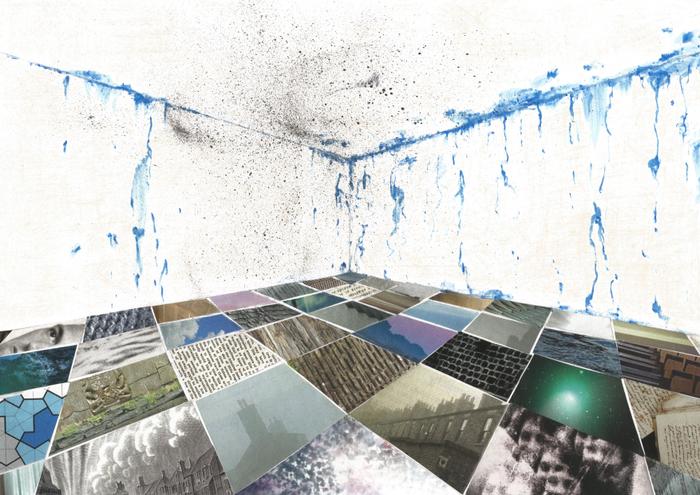
#10: Let the sunshine in! (11 Surprising Ways to Increase Natural Light in Your Home). Lizzy Turner, 2023

#10: Let the sunshine in! (11 Surprising Ways to Increase Natural Light in Your Home). Lizzy Turner, 2023
#10: Let the sunshine in! (11 Surprising Ways to Increase Natural Light in Your Home). Lizzy Turner, 2023
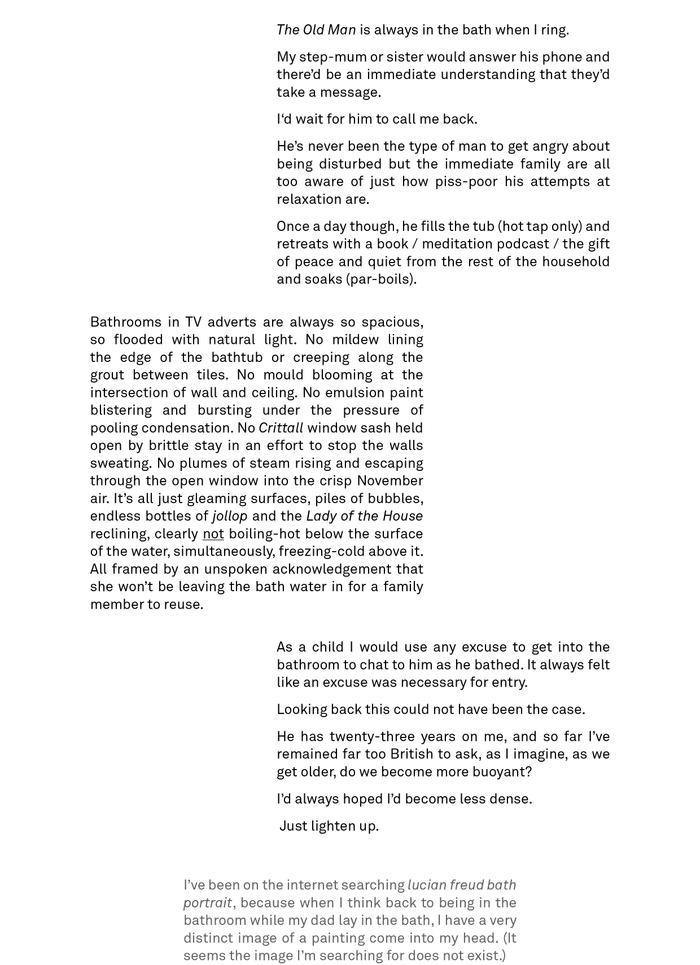
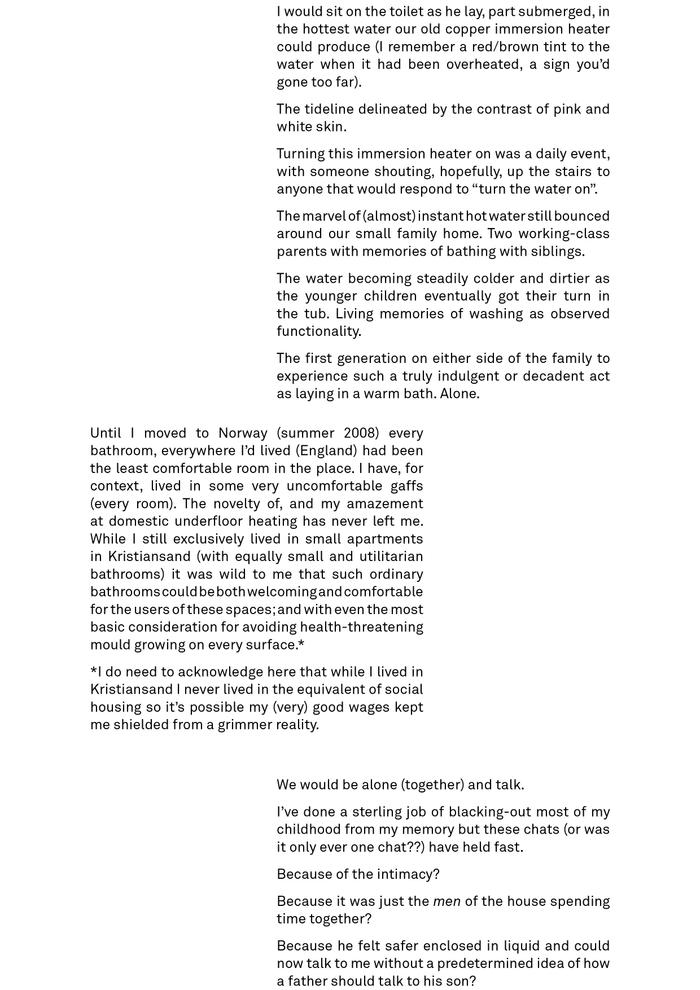
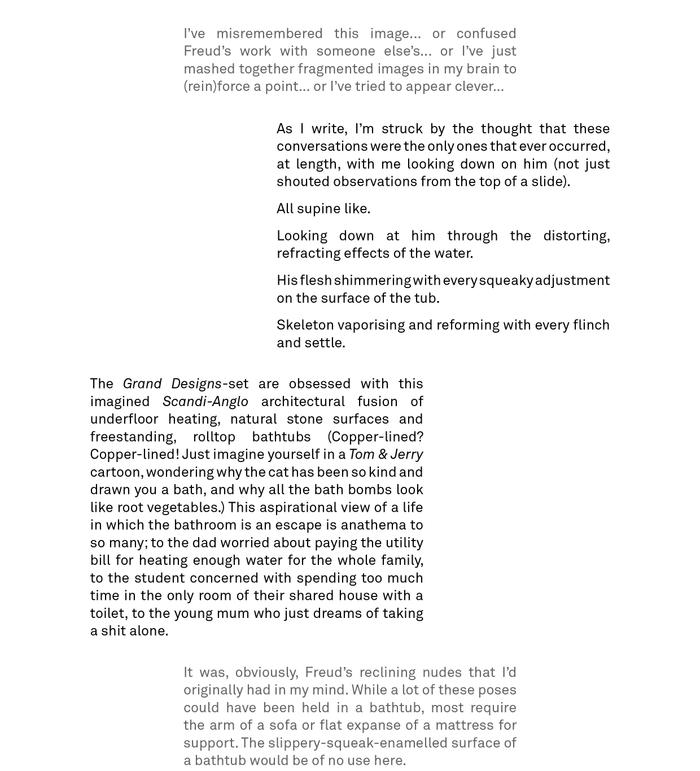
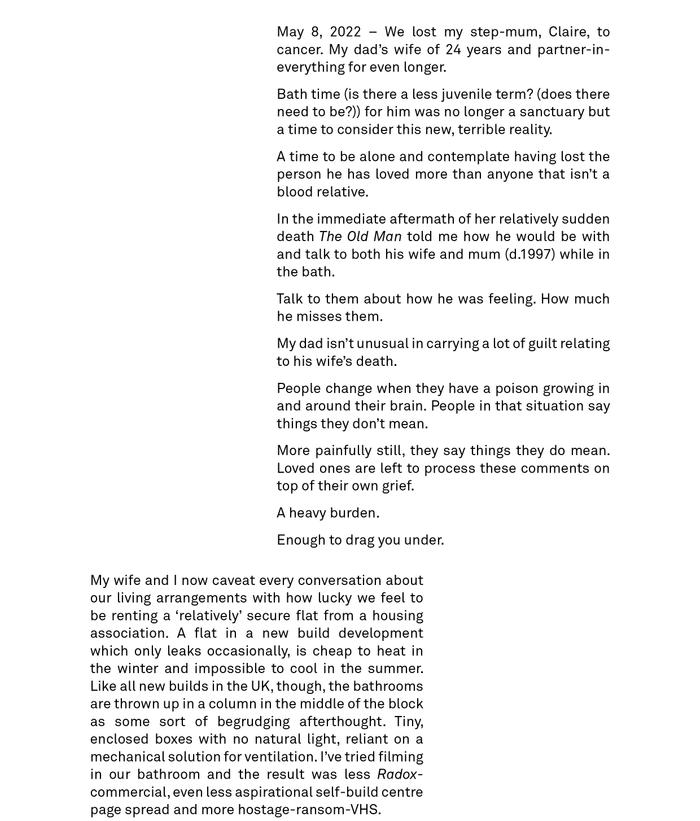
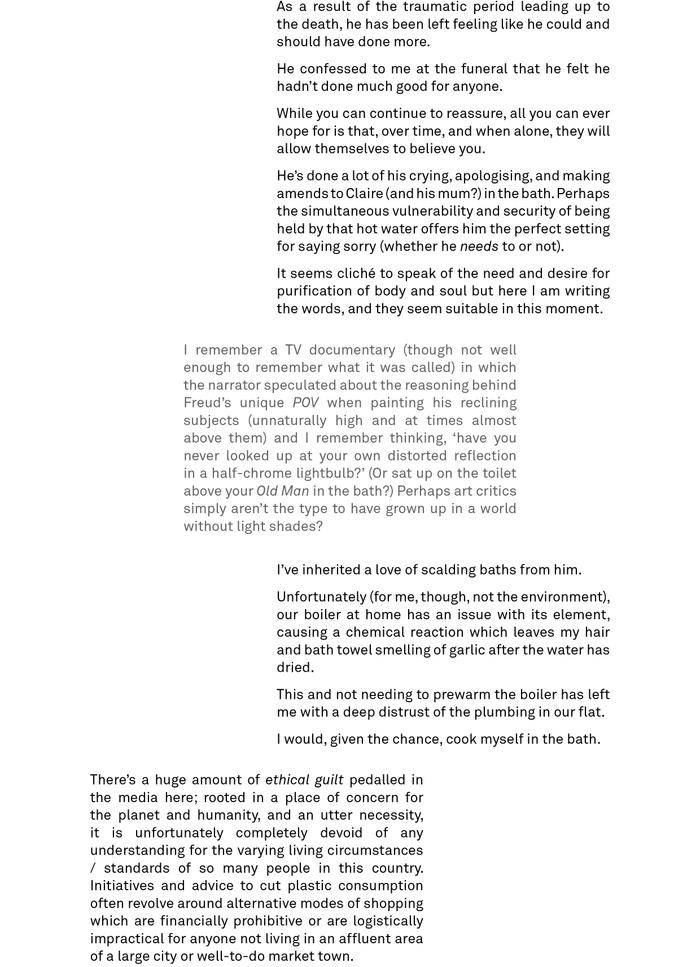
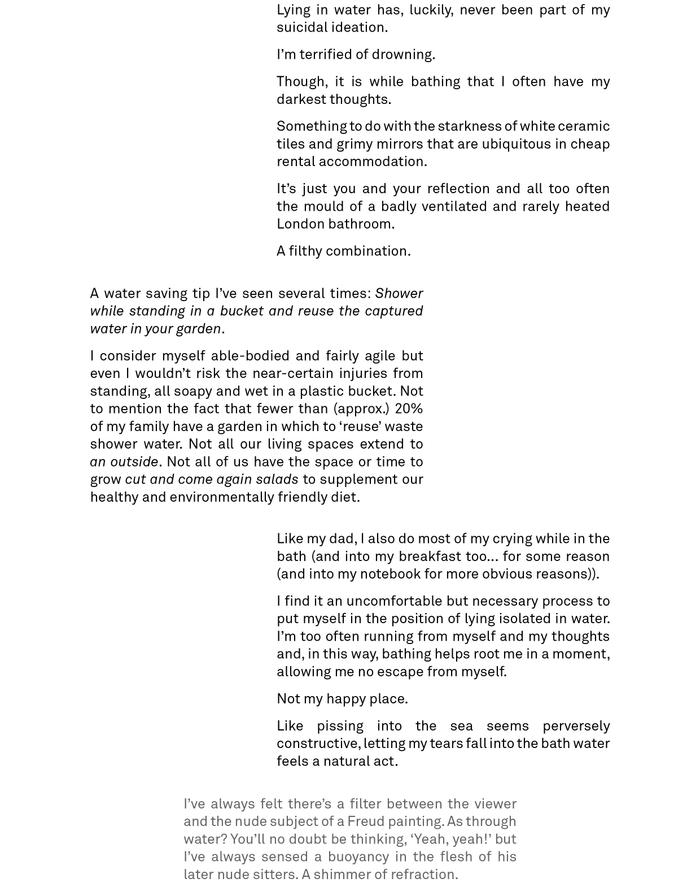
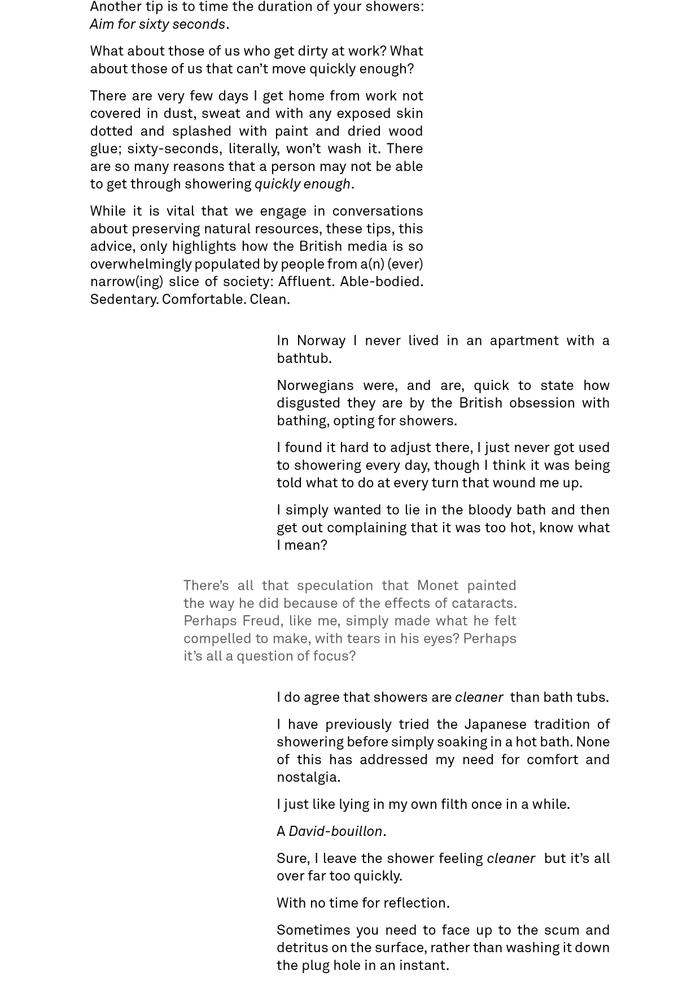
“The simplicity and complexity of bathing are rarely as apparent as in this piece of writing. This essay mentions individuals who don’t fit the affluent, able-bodied, sedentary, and comfortable mold portrayed in the media. Can confronting the scum on the surface while bathing serve as a fitting metaphorical reflection on understanding the negative repercussions of our human actions, frequently purged and mitigated by the cleansing and rejuvenating qualities of natural elements?”
“I like the way David writes. I felt simplicity when I read it for the first time, which is a quality of a good writer. I like how he shares his thoughts with the reader/listener as if we were inside his head. In a raw and honest way, David generously offers scenes of vulnerability and rituals of care for Western white men. I like how he interconnects topics related to class, climate change, gender, and ability.”
David Turner, “He Draws Himself a Bath,” Metode (2024), vol. 2 ‘Being, Bathing and Beyond’